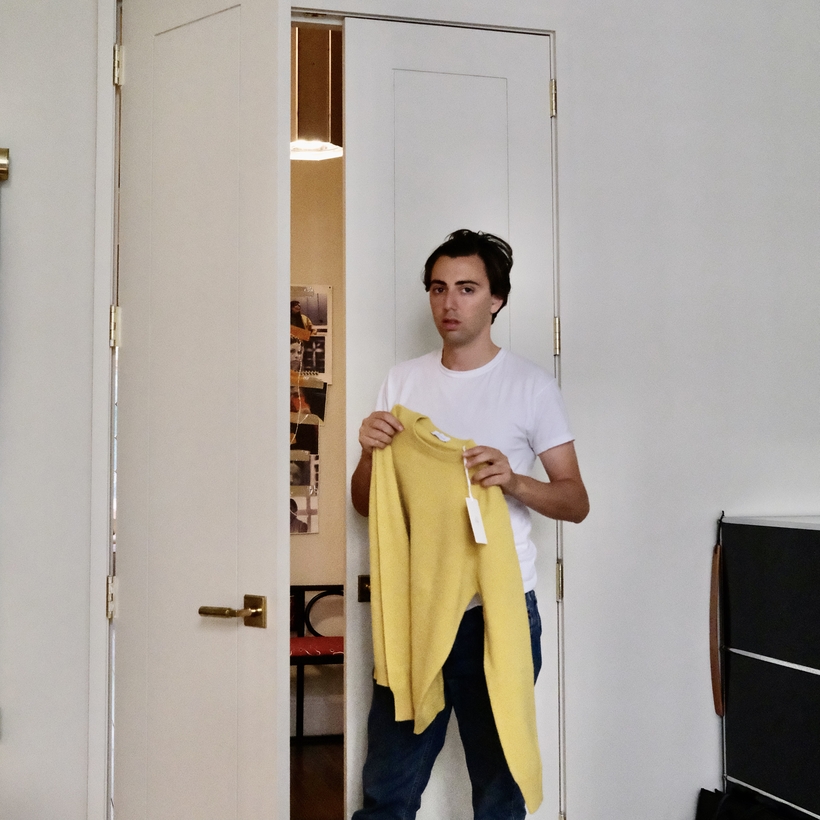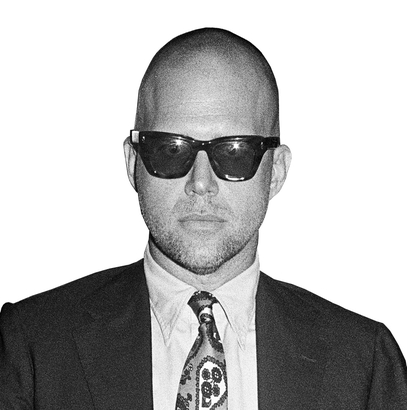For Salie 66, founded in 2021 by New York art dealer James Shalom and his father, Elliot Shalom, a wholesale manufacturer with more than 40 years of experience in the fashion industry, it’s about just doing what comes naturally.
“When I started, I knew that we weren’t going to be able to compete on the same [level as other fashion brands], shooting the same people and doing the same routine,” James Shalom, 30, told me last month.


